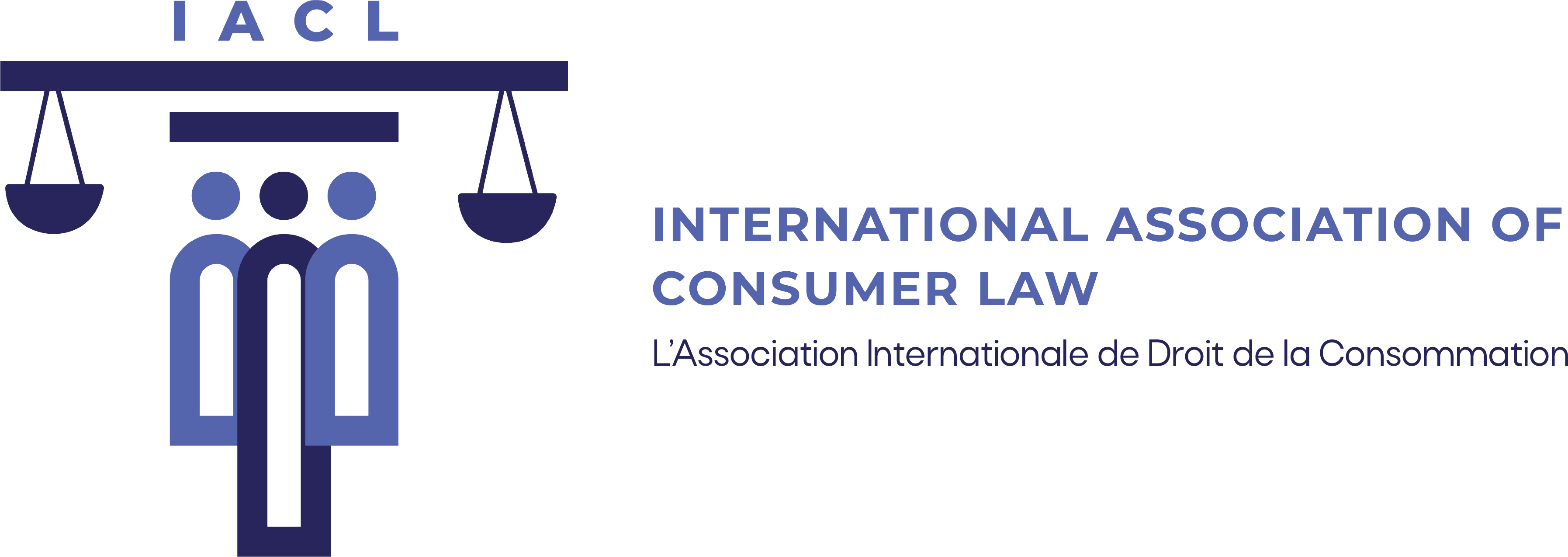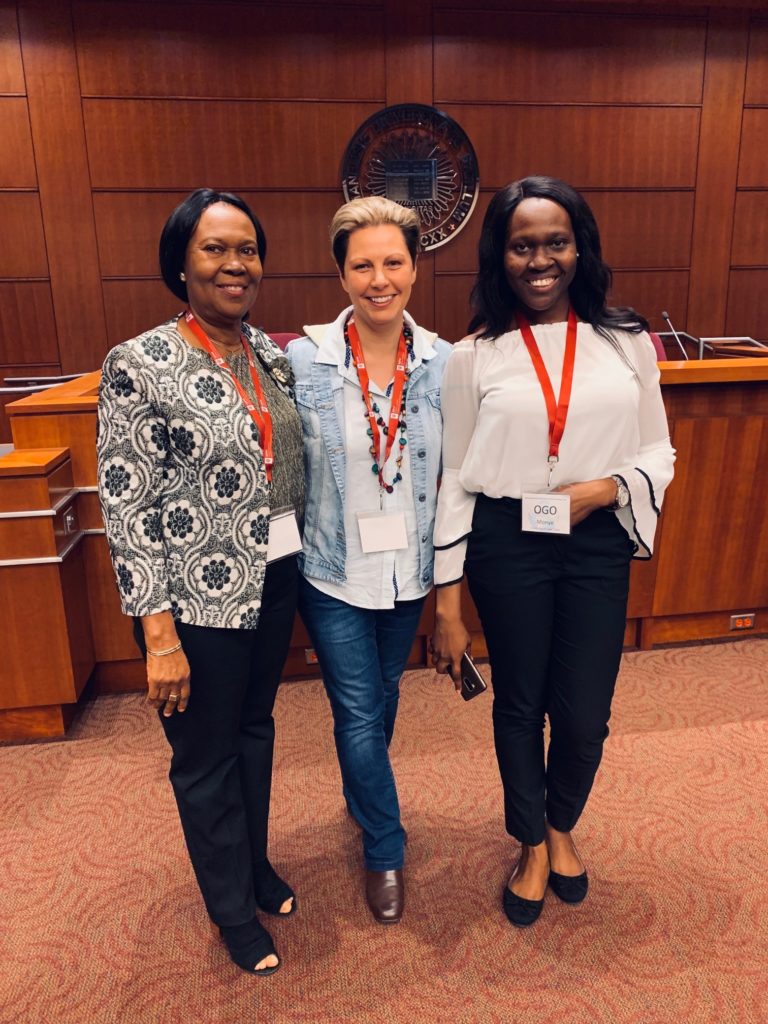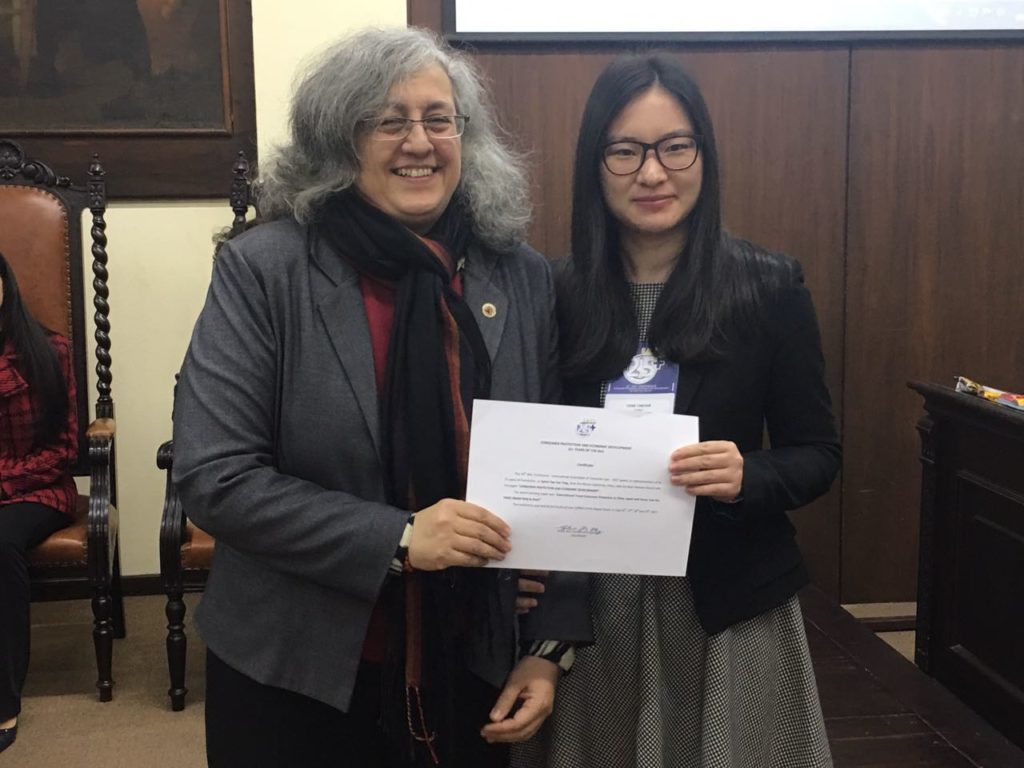In 2013, IACL began giving an unnamed award to the best paper abstract submitted by a young/doctoral students at each biannual IACL conference.
At the 2017 Conference in Porto Alegre, Brazil, the IACL Board decided to name the award the Norbert Reich Prize in honor of the late Professor Norbert Reich for his contributions to consumer protection and economic development.
Norbert Reich Award

Prof. Dr. Dr. h.c. Norbert Reich was Emeritus Professor of Private law and European Economic Law at the University of Bremen, Visiting Professor of Law and Governance at Groningen University, the Netherlands, and was a renowned expert on European private law. In 1973 Norbert Reich became a Professor at the Hamburg University for Economics and Politics (HWP). From 1982 he was a Professor at the University of Bremen and from 2005 an Emeritus Professor. He also served as the leading director of the ZERP, the Centre of European Law and Politics at the University of Bremen from 1982-1991. In 2000 he received an honorary doctorate from Helsinki University and from the University of Bucharest in 2014. From 2001-2004 Norbert Reich was the Rector at the Riga Graduate School of Law. Norbert Reich also held visiting professorships at the Universities of Montpellier, Fribourg, Keele, Luzern and Tartu. Prof Reich’s other activities included several advisory activities in European Economic and Consumer Law.
Udo Reifner Award

The Udo Reifner Prize was introduced for the first time at the previous IACL conference that took place in Porto Alegre, Brazil, in 2017. Prior to the introduction of this award, a general award was given to the best paper abstracts submitted by young/doctoral students for the IACL conference. Awards were given for the best abstracts at the IACL’s Sydney Conference (2013) and the Amsterdam Conference (2015) respectively. At the Porto Alegre Conference the board decided to name the award the Udo Reifner Prize in honour of Professor Udo Reifner’s loyal support of the IACL’s work and conferences over the years and his valuable international contributions in the area of consumer law, particularly consumer credit law.
Prof. Dr. Udo Reifner (born 1948) studied sociology and law in Berlin and Marburg. He is the founder and long-term Director of the independent institute for financial services (iff reg. ass.). His dissertation was on the law of consumer credit 1976. His first project with the EU was in 1983 on new forms of consumer legal advice. In 1981 he obtained the then only chair on consumer law in Germany to 2015 at the Hamburg University where he succeeded Professor Norbert Reich. After his retirement in Germany he was professor at Trento University for three years. He was a guest professor with a focus on financial consumer law at the McGill University, Montreal (1986), Université de Louvain-la-Neuve (1990), De Paul University, Chicago (1994), Birmingham University (1997), and the New York University (Spring 2000). He attended the EU-Consumer Law conferences in the 1980s, published an EU-Report together with Thierry Bourgoignie, Nick Huls, Thomas Wilhemsson, Norbert Reich, David Caplovitz. In 1989 he organised his first EU-conference on responsible financial services followed by conferences in Birmingham, Strasbourg, Bergamo and Gothenburg. From the very beginning of IACL he became an active member of it. His over 280 publications are focussed on financial services law and consumer debt, sociology of law and the history of German law under fascism. In 2017 he summarized his interdisciplinary research in three Volumes on the “economics, sociology and law of money” with a fourth volume on the 2008 financial crisis. Together with the US based NCRC he initiated the Coalition for Responsible Credit (www.responsible-credit.net), with the University of Trento the European Social Contract Group (www.eusoco.eu) and recently the Coalition against Usury in Germany (www.stopwucher.de). He is member of a number of consumer organisations, was president of the EU financial user committee and served five years as an expert in the advisory board of the German Financial Services Authorities (BAFIN).
The IACL awarded the Norbert Reich Prize in 2017 and the Udo Reifner Prize in 2019.


